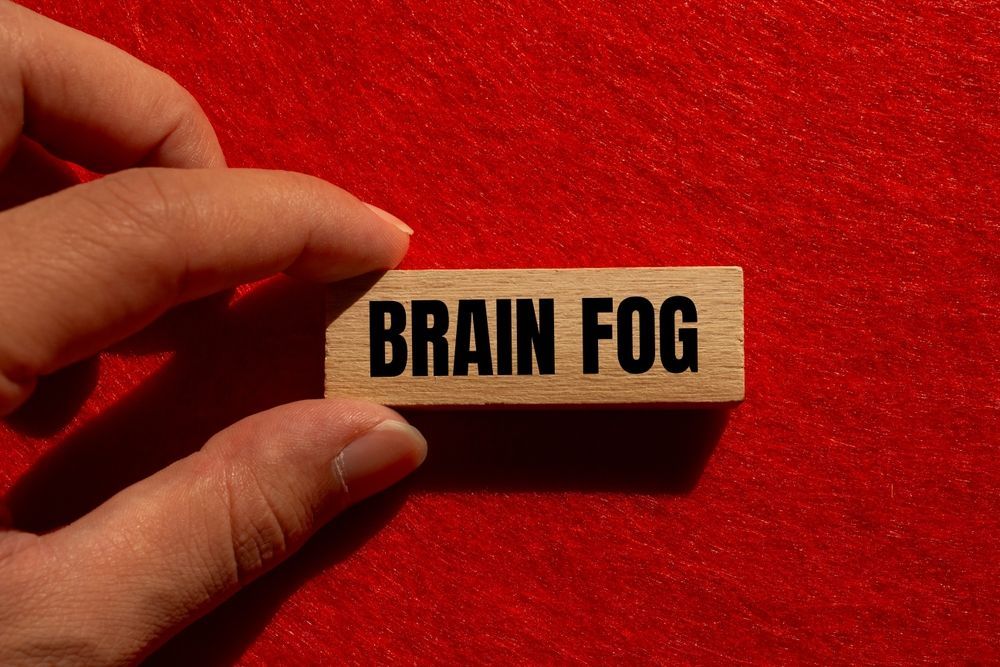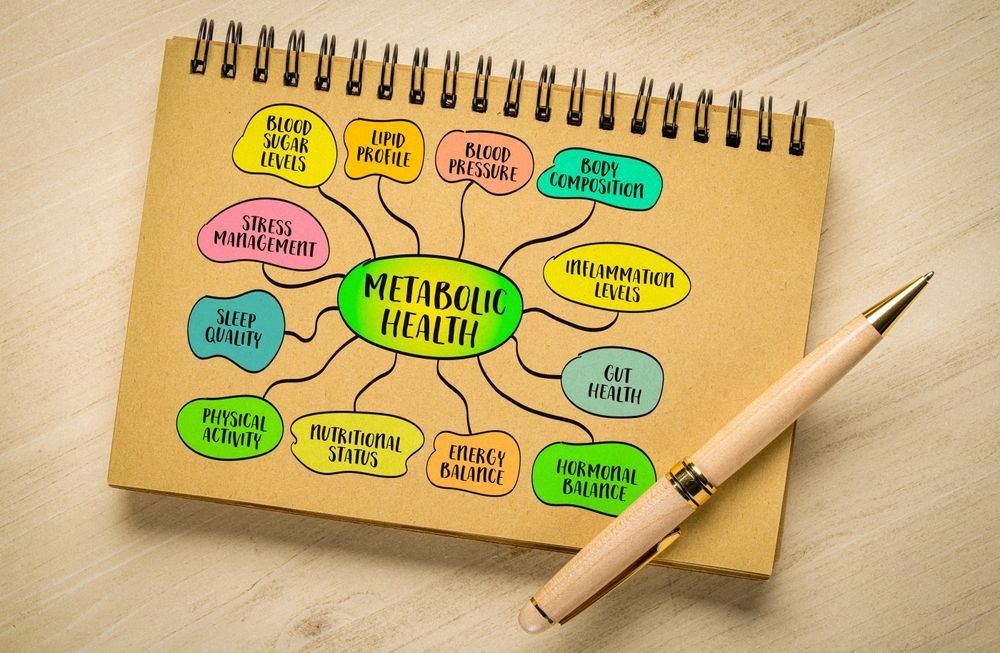Can I Get an IV for Dehydration?

Yes, you can receive IV therapy for dehydration, which is an effective and efficient method to replenish lost fluids and electrolytes quickly.
Dehydration often accompanies various illnesses, as the body expends fluids through mechanisms like sweating, vomiting, and diarrhea while trying to combat infections. This article explores the conditions that lead to dehydration in adults, outlines the symptoms to help you recognize it early, and discusses quick and effective rehydration methods, including IV therapy.
What Are the Symptoms of Dehydration?
Spotting the signs of dehydration early can greatly aid in recovery, helping you support your body as it heals. Key symptoms to watch out for include:
- Persistent Headaches: Dehydration can cause headaches as it impairs the oxygen supply to the brain due to reduced hydration in white blood cells.
- Dizziness: This is another sign of poor hydration affecting the body’s cellular functions.
- Sugar Cravings: An unusual craving for sugar can indicate your body’s attempt to compensate for low hydration levels by ramping up glucose utilization.
- Mood Swings: Dehydration can increase cortisol levels, exacerbating stress and anxiety, making mood swings more frequent or severe.
What Leads to Dehydration?
Several conditions predispose adults to dehydration, including:
- Celiac Disease: Affects the digestive system and can lead to severe diarrhea, leading to rapid fluid loss.
- Crohn’s Disease: This inflammatory bowel disease makes it difficult to maintain proper hydration due to digestive discomfort and frequent diarrhea.
- Addison’s Disease: This rare condition impacts the adrenal glands, affecting hormone production that regulates fluid and electrolyte balance, leading to dehydration.
- Norovirus: Often likened to stomach flu, this highly contagious virus causes symptoms that significantly lead to fluid loss, such as vomiting, diarrhea, and sweating from fever.
- Diabetes: Both Type 1 and Type 2 diabetes can lead to dehydration due to the excess sugar in the blood, which the kidneys try to expel through increased urine output, thereby losing significant fluid.
- Kidney Disease: Impaired kidney function can hinder the body's ability to regulate fluid and electrolyte balance, often leading to chronic dehydration if not managed properly.
- Heat Exhaustion: Prolonged exposure to high temperatures can cause heat exhaustion, where the body loses significant amounts of water and salts through sweat, and without prompt rehydration, it can progress to heatstroke.
- Diarrheal Illnesses: Conditions like gastroenteritis or food poisoning cause severe, acute diarrhea and vomiting, leading to rapid loss of fluids and minerals essential for hydration.
How Can You Rehydrate Quickly and Effectively?
Rehydrating effectively is essential for recovery, especially when dealing with conditions that induce dehydration. Here are several strategies to quickly and effectively rehydrate:
- Sip Fluids Gradually: Use a straw to drink water and other hydrating fluids slowly; this can help intake more liquids without feeling overwhelmed, particularly if nausea is a symptom.
- Choose Electrolyte-Rich Beverages: Coconut water, sports drinks, and electrolyte solutions can replenish salts and minerals lost due to dehydration. Avoid caffeinated beverages as they can dehydrate you further.
- Incorporate Water-Rich Foods: Increase your intake of fruits and vegetables that have high water content. Watermelon, strawberries, cucumber, and oranges not only hydrate but also provide essential nutrients and vitamins.
- Herbal Teas: Non-caffeinated herbal teas such as chamomile, ginger, or peppermint can be soothing and hydrating. They can also help alleviate symptoms like nausea and indigestion.
- Oral Rehydration Solutions: These are specially formulated to help replace fluids and salts lost during dehydration. They are particularly useful in cases of severe dehydration caused by diarrhea or vomiting.
- IV Therapy: For rapid and effective rehydration, IV therapy can be an excellent option. It delivers fluids mixed with electrolytes, vitamins, and minerals directly into your bloodstream, bypassing the digestive system for immediate absorption and effect. This method is especially beneficial for severe dehydration or when rapid recovery is necessary.
These methods can help maintain hydration levels and support recovery in various dehydration scenarios, from mild cases after a workout to severe cases resulting from illness.
Why Choose IV Therapy for Rapid Rehydration?
For those needing swift and effective rehydration, IV therapy offers a direct solution. AZ IV Medics provides mobile IV therapy that administers vital fluids, electrolytes, vitamins, and minerals directly into your bloodstream, bypassing the digestive system for immediate effect. This method is particularly beneficial for rapid recovery from severe dehydration symptoms, allowing you to resume your daily activities with minimal downtime.
To schedule a session or learn more about how IV therapy can support your recovery from dehydration, contact AZ IV Medics at (623) 521-5034 today. Our team is ready to assist you in regaining your hydration and health with professional, convenient, and compassionate care right at your doorstep.
FAQ
Can I get an IV for dehydration?
Yes, you can receive an IV for dehydration to quickly restore fluid and electrolyte balance directly through your bloodstream.
What are the guidelines for IV hydration for adults?
The guidelines for IV hydration in adults typically involve administering isotonic solutions like Normal Saline or Lactated Ringer’s based on the severity of dehydration and individual health needs.
How much IV do you need to rehydrate?
The amount of IV fluid needed to rehydrate depends on the severity of dehydration, but generally ranges from 1 to 3 liters for adults.
What are the guidelines for dehydration in adults?
Guidelines for managing dehydration in adults recommend initial assessment of dehydration severity, followed by oral or IV rehydration with electrolyte-balancing solutions and monitoring of vital signs.
Do you need a prescription for IV fluids?
Yes, you typically need a prescription from a healthcare provider to receive IV fluids, as they must assess your condition and determine the appropriate type and amount of fluids for your specific needs. That’s where AZ IV Medics can help!










